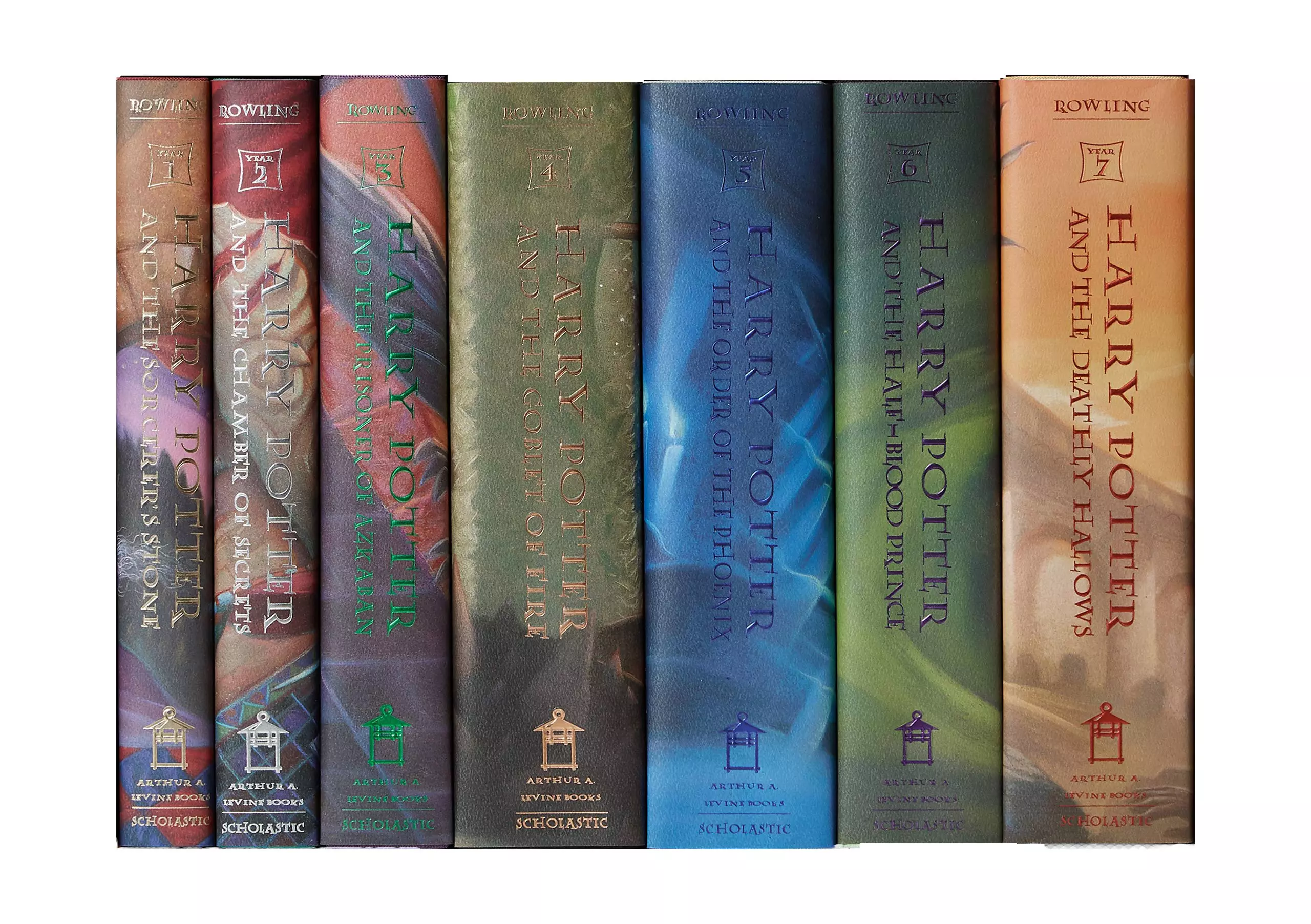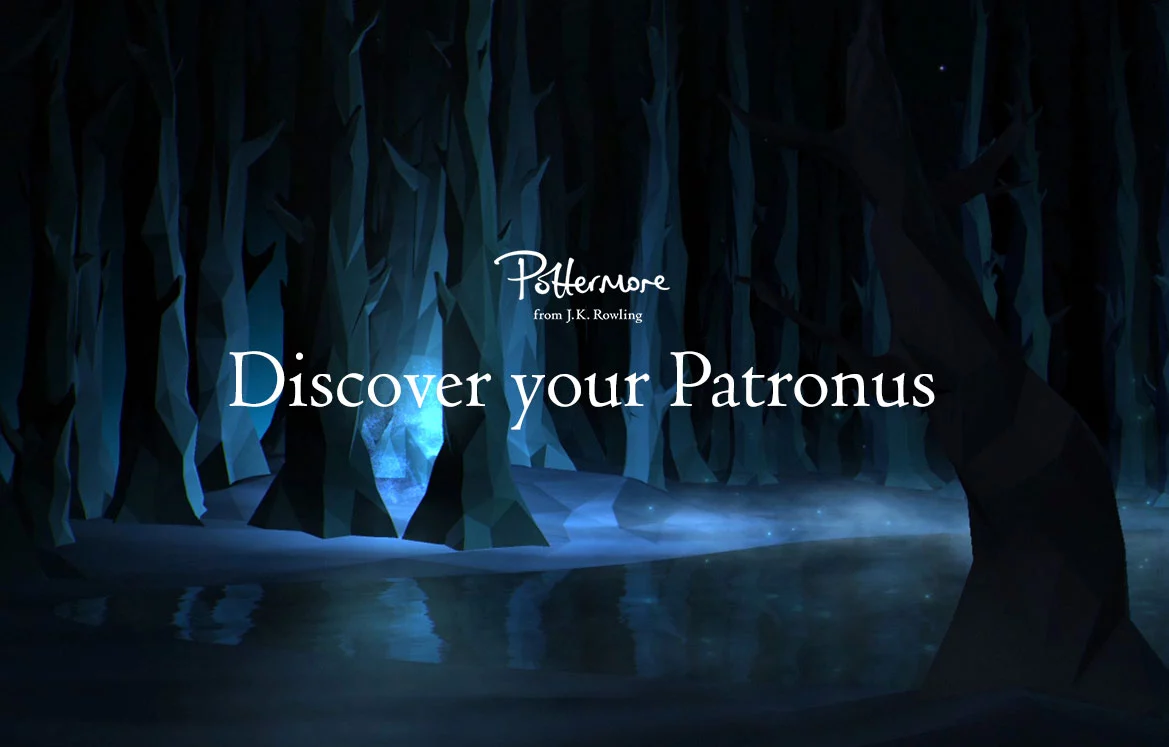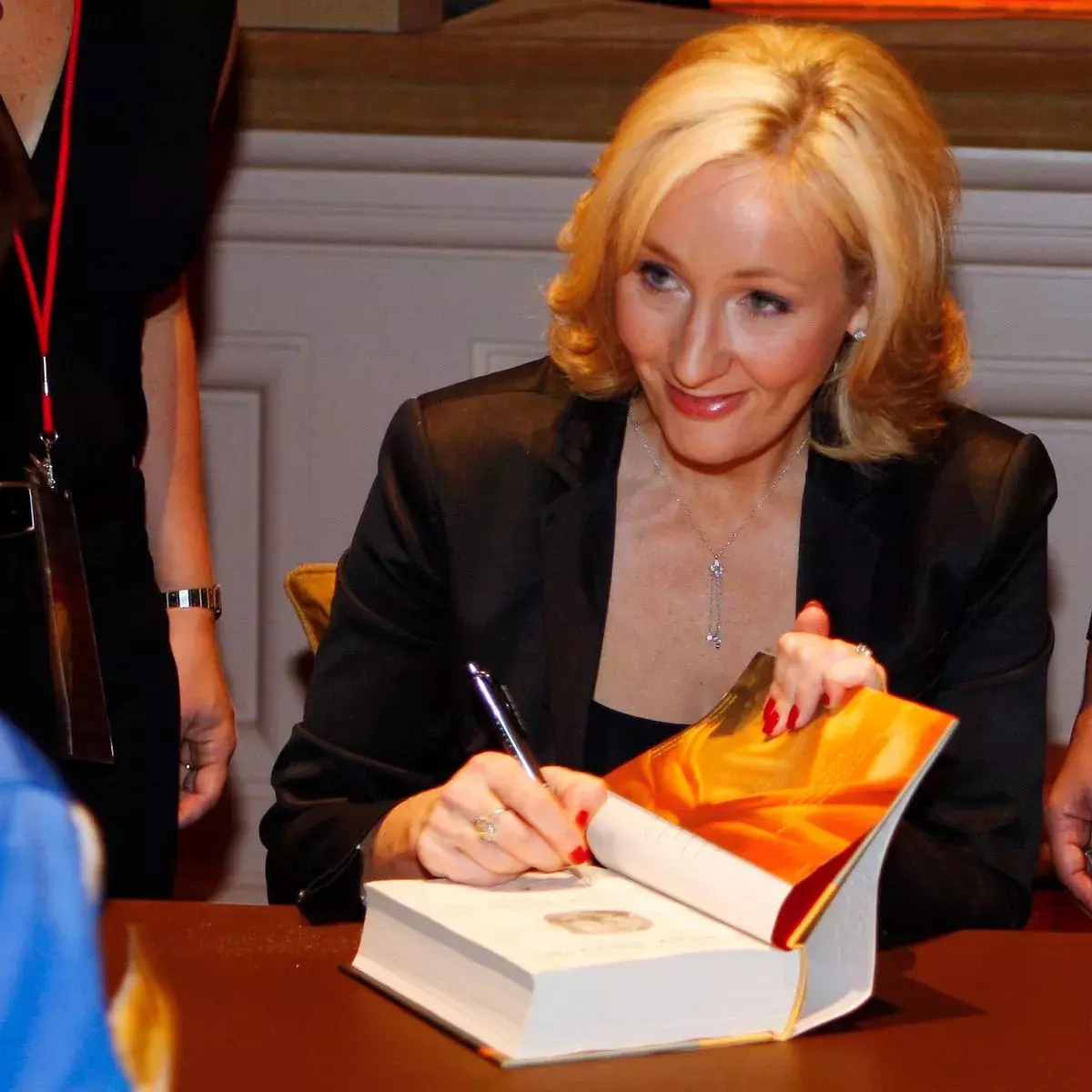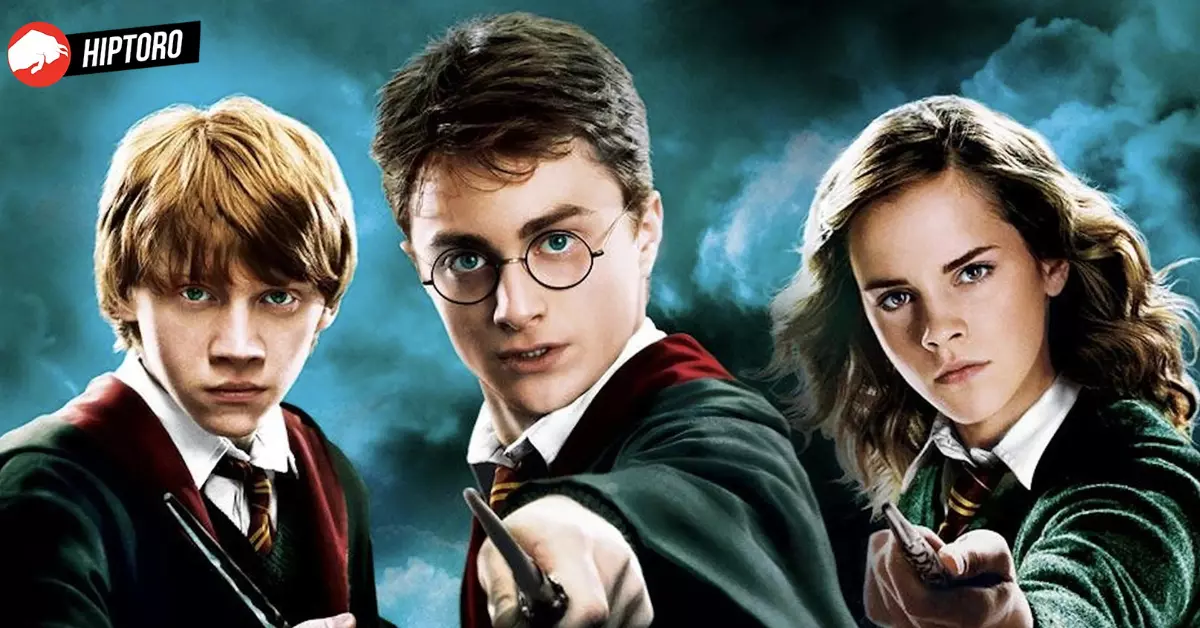The magical world of Harry Potter, created by J.K. Rowling, has captured the hearts of audiences worldwide. Set in a parallel universe, the series follows the journey of a young wizard as he navigates through a realm where magic is real. The Harry Potter lore is a captivating blend of fantasy, adventure, and coming-of-age themes that has left its mark on popular culture. With themes of friendship, courage, and the battle between good and evil woven into the narrative, the Harry Potter fandom has been enchanted by Rowling.
Its appeal extends beyond the pages of the books to successful film adaptations and an ever-expanding universe that continues to captivate fans around the world. Ever since the first book was released, fans have been treated to eight movies based on seven books, video games, additional corresponding books, prequel movies, and more.
With such a vast source of information to skim through, we’ve ranked all canon sources for Potterheads to avoid any confusion.
Which Harry Potter works are considered canon?
1. Books
The first seven novels in the Harry Potter franchise are accepted as the ultimate source of canon. These books give the most thorough explanation of the Wizarding World and are seen as the most dependable source of information.

2. Complementary Novels
J.K. Rowling has written several additional books beyond the main series, including The Tales of Beedle the Bard, as well as the Daily Prophet Newsletter from 1998/1999. These works provide extra details and insights into the Wizarding World, though they don’t offer as much comprehensive information as the main series does.
3. Pottermore
Works attributed to J.K. Rowling were released on her original website and Pottermore is regarded as the highest level of canon. Any writings or extra information she has put out about the Wizarding World on the internet is included in this.

4. J.K. Rowling’s Interviews
In comparison to the books or her official website, interviews given by Rowling on the radio, in newspapers, magazines, and television are viewed as a less reliable source of canon. These interviews provide an occasion for Rowling to discuss the series and express her ideas, however, they may not be as precise or thorough as other sources.
5. Information Provided by J.K. Rowling to Other Creators
J.K. Rowling’s information given to those who make films, video games, and other items based on Harry Potter is viewed as less authoritative than what she states in interviews. Evidence of this must be shown through a reliable source, such as the 2008 court case involving The Harry Potter Lexicon book.
There may be a disagreement amongst fans as to which facts should take precedence. Some may think that the more official medium is more trustworthy, while others might think that Rowling’s tweets have greater accuracy as they come directly from her.

6. Tweets by J.K. Rowling
J.K. Rowling’s tweets are not considered to be as definitive as the information given to those making movies or video games. Such tweets are usually succinct and may not give the same amount of detail as other sources.
7. Event Q&As
The least credible level of canonicity is given to responses that J.K. Rowling has provided to fans during book signings or other events. Unless there is a recording of her statement, such as an audio or video, these answers should be taken with a grain of salt.
Conclusively, all seven books originally published by J.K. Rowling are the most highly-regarded canon sources. Rowling has carefully and intricately described so much about the magical world of Harry Potter in these seven books. Every other source has only been an extension of those books. The books serve as the main source of all information regarding the Harry Potter universe.









